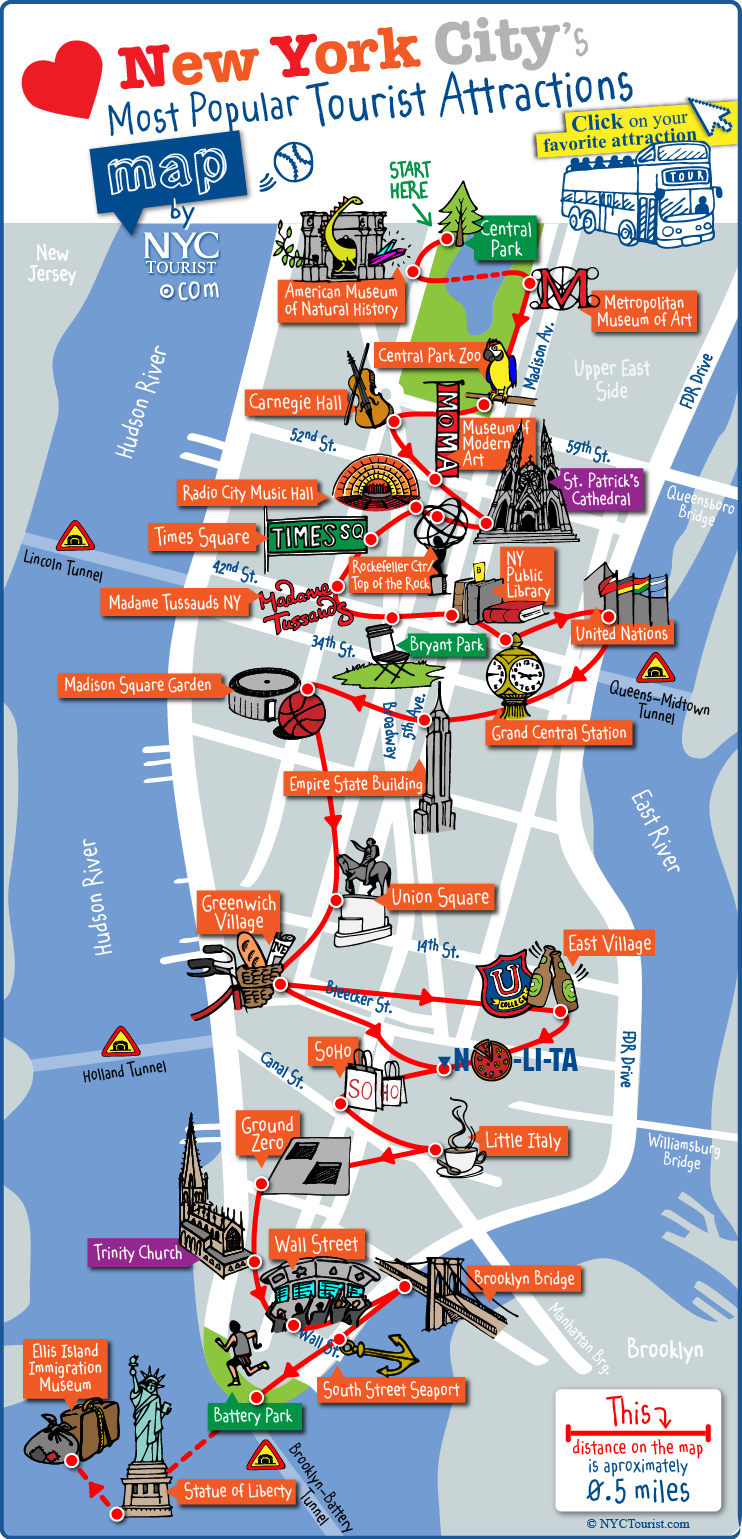Navigating New York City’s Cultural Landscape: A Comprehensive Guide to Museum Maps
Related Articles: Navigating New York City’s Cultural Landscape: A Comprehensive Guide to Museum Maps
Introduction
In this auspicious occasion, we are delighted to delve into the intriguing topic related to Navigating New York City’s Cultural Landscape: A Comprehensive Guide to Museum Maps. Let’s weave interesting information and offer fresh perspectives to the readers.
Table of Content
- 1 Related Articles: Navigating New York City’s Cultural Landscape: A Comprehensive Guide to Museum Maps
- 2 Introduction
- 3 Navigating New York City’s Cultural Landscape: A Comprehensive Guide to Museum Maps
- 3.1 Understanding the Importance of a Museum Map
- 3.2 Types of Museum Maps and Their Features
- 3.3 Selecting the Right Museum Map
- 3.4 Utilizing the Map Effectively
- 3.5 Frequently Asked Questions about Museum Maps
- 3.6 Conclusion: Exploring New York City’s Cultural Treasures
- 4 Closure
Navigating New York City’s Cultural Landscape: A Comprehensive Guide to Museum Maps

New York City, a global hub of art, history, and culture, boasts a remarkable array of museums, each a testament to the city’s diverse heritage and artistic brilliance. To fully appreciate the vastness of this cultural landscape, a comprehensive museum map serves as an invaluable tool for navigating this treasure trove of knowledge and inspiration.
Understanding the Importance of a Museum Map
A museum map transcends the function of a mere guide; it acts as a key to unlocking the city’s cultural riches. It provides a visual representation of the city’s museum landscape, enabling visitors to:
- Gain an Overview: A map facilitates a holistic understanding of the city’s museum distribution, revealing clusters of museums in specific neighborhoods and highlighting the city’s cultural hubs.
- Plan Efficient Routes: By visually connecting museums, a map empowers visitors to plan itineraries, maximizing their museum experiences while minimizing travel time.
- Discover Hidden Gems: Maps often highlight lesser-known museums, introducing visitors to unexpected treasures and enriching their cultural exploration.
- Categorize by Interest: Many maps categorize museums by subject matter, allowing visitors to focus on specific areas of interest, be it art, history, science, or culture.
- Navigate with Ease: A detailed map with clear landmarks and transportation information makes navigating the city’s complex network of streets and public transit a breeze.
Types of Museum Maps and Their Features
Museum maps come in various formats, each catering to specific needs and preferences:
1. Printed Maps:
- Tourist Brochures: These often provide a general overview of popular museums, highlighting their location and basic information.
- City Guides: Comprehensive city guides frequently include detailed museum maps, often incorporating additional information like opening hours, admission fees, and transportation details.
- Museum-Specific Maps: Individual museums often offer detailed floor plans and maps highlighting key exhibits and collections within their premises.
2. Digital Maps:
- Interactive Online Maps: Websites like Google Maps and MapQuest allow users to explore museums virtually, with features like street view, directions, and reviews.
- Museum Websites: Many museums have interactive maps on their websites, providing detailed information about their exhibits, collections, and accessibility features.
- Mobile Apps: Dedicated mobile apps offer curated museum maps, often integrated with GPS navigation, augmented reality experiences, and personalized recommendations.
Selecting the Right Museum Map
Choosing the appropriate museum map depends on the individual’s needs and preferences:
- Casual Visitors: Tourist brochures or online maps provide a general overview and are sufficient for casual exploration.
- Serious Collectors: Dedicated museum websites and specialized apps offer detailed information and curated recommendations.
- Accessibility Needs: Visitors with accessibility needs should consult museum websites or apps for information on wheelchair accessibility, elevators, and other accessibility features.
Utilizing the Map Effectively
To maximize the benefits of a museum map, follow these tips:
- Study the Map: Before embarking on your museum journey, take the time to study the map, identifying the museums that align with your interests and planning an efficient route.
- Consider Transportation: Factor in travel time and consider using public transportation or walking to reach your destinations.
- Check Opening Hours: Ensure you are aware of the museums’ opening hours and plan your visits accordingly.
- Explore Beyond the Highlights: Don’t limit yourself to the most popular attractions; allow the map to guide you to lesser-known gems.
- Engage with the Exhibits: Immerse yourself in the museum’s collections, read informational panels, and ask questions to enhance your understanding.
Frequently Asked Questions about Museum Maps
1. Are there free museum maps available?
Many tourist information centers and museums offer free printed maps. Additionally, numerous websites and apps provide free digital maps.
2. How do I find a museum map that caters to my specific interests?
Websites like Google Maps and MapQuest allow you to filter museums by category, such as art, history, science, or culture. You can also explore museum websites for curated maps based on specific themes or collections.
3. Are museum maps available in languages other than English?
Many museums offer maps in multiple languages. You can check the museum’s website or inquire at the information desk for multilingual options.
4. Can I download a museum map for offline use?
Several apps allow you to download museum maps for offline access. This is particularly useful for navigating areas with limited internet connectivity.
5. Are there any museum maps specifically for families with children?
Many museums offer family-friendly maps with interactive elements and activities designed for children. You can check museum websites or inquire at the information desk for these options.
Conclusion: Exploring New York City’s Cultural Treasures
A museum map is a valuable tool for navigating the vibrant cultural landscape of New York City. It empowers visitors to plan efficient itineraries, discover hidden gems, and immerse themselves in the city’s rich history and artistic heritage. By utilizing the map effectively, visitors can unlock the full potential of their museum experiences, leaving them with lasting memories and a deeper appreciation for the city’s cultural treasures.








Closure
Thus, we hope this article has provided valuable insights into Navigating New York City’s Cultural Landscape: A Comprehensive Guide to Museum Maps. We hope you find this article informative and beneficial. See you in our next article!